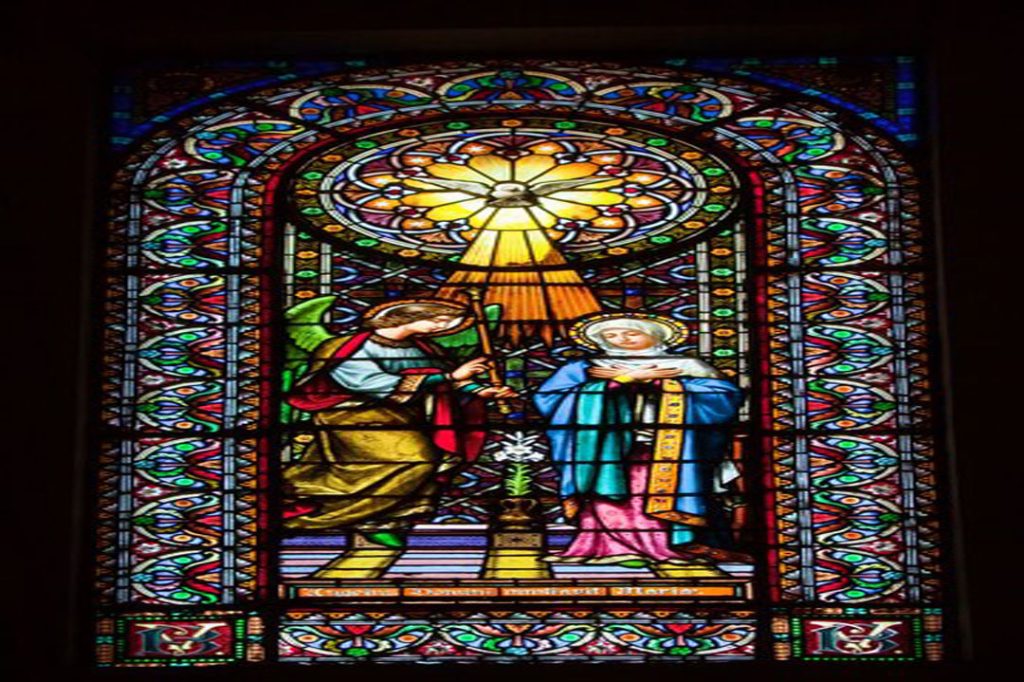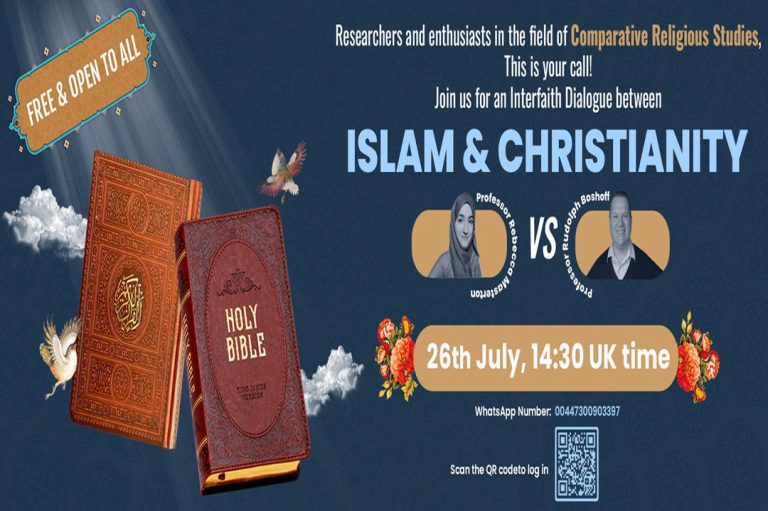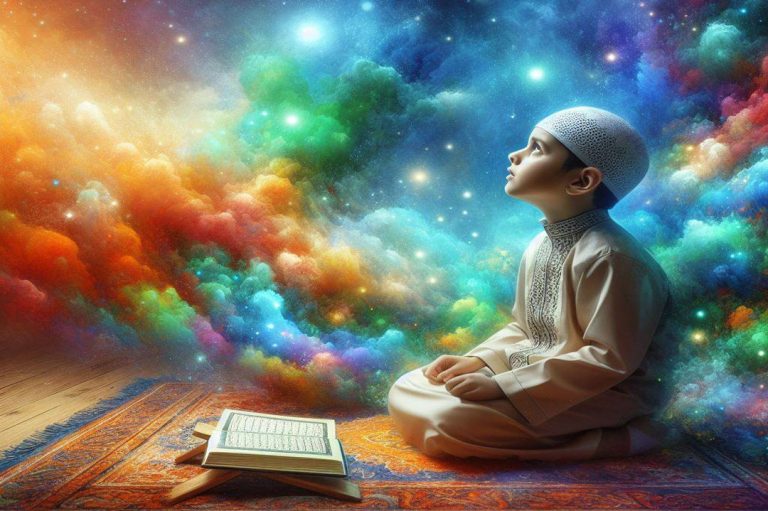The Birth Of Jesus Christ: Similarities Between Islam And Christianity
Christianity is one of the world’s largest and most populous religions, and its followers are called Christians. Christianity is based on the belief in Jesus Christ (peace be upon him) as the Son of God and the Savior of humanity.
Christianity boasts adherents across the globe, encompassing a rich tapestry of cultures and ethnicities. They adhere to the teachings of Jesus Christ (peace be upon him), which are compiled in the Holy Bible. The Bible consists of two parts: the Old Testament (or Old Covenant) and the New Testament, encompassing beliefs, history, and laws for Christians.
Christianity has various branches that trace back to differences in their beliefs.
Notable branches include Catholicism, Orthodoxy, and Protestantism. Each branch has its specific teachings, but all remain devoted to Jesus Christ (peace be upon him) and the Holy Scriptures.
Christianity has significantly influenced global culture, society, and art. The architecture of churches, Christian paintings, religious artworks, and Christian music are among the elements that have deeply impacted world culture.
The perspective of Muslims regarding Jesus Christ (peace be upon him) is firmly rooted in Islamic beliefs. Muslims consider Jesus Christ (peace be upon him) as one of the prophets of God and a divine messenger.
Belief in Jesus is an integral part of the Islamic faith, recognizing him as one of the great prophets (known as Ulul Azm).
Muslims believe that Jesus was sent by God to guide humanity and that miracles were performed by him. One of the sayings attributed to Prophet Muhammad (S) regarding Jesus Christ (peace be upon him) is as follows:
“Whoever believes in me and in the truth with which I have been sent and afterward believes in Jesus, to him Paradise will be obligatory.”
Furthermore, in Islam, Muslims also respect the ethical and humanitarian teachings of Jesus Christ, considering them part of divine guidance.
In the Holy Quran, Jesus (peace be upon him) and Mary (peace be upon her) are introduced as significant and revered personalities. Several verses are dedicated to them.
In the Quran, Mary is recognized as one of the sacred and great women. In Surah Al-Imran (verse 42), it is stated: ‘And [mention] when the angels said, “O Mary, indeed Allah has chosen you and purified you and chosen you above the women of the worlds.”’ This verse refers to the sacred attributes of Mary.
In the Quran, Jesus Christ is also introduced as one of the divine prophets and messengers. For example, in Surah Al-Imran (verse 45), it is mentioned: ‘[And mention] when the angels said, “O Mary, indeed Allah gives you good tidings of a word from Him, whose name will be the Messiah, Jesus, the son of Mary – distinguished in this world and the Hereafter and among those brought near [to Allah].”’ This verse highlights the significance of Jesus as one of the divine messengers.
Islam and Christianity are two major and influential religions that share many aspects and commonalities. Both religions emphasize belief in the one God and uphold shared values such as justice, kindness, and friendship.
The first connection between these two religions lies in their shared belief in the existence of Jesus Christ (peace be upon him).
Both Islam and Christianity consider Jesus as a prophet and the savior of humanity.
Furthermore, Muslims and Christians both adhere to similar ethical teachings. Values such as justice, love for neighbors, compassion, empathy, and respect for others are emphasized in both faiths.
Muslims and Christians believe that humans should obey God and engage in acts of kindness and charity toward others.
Moreover, the beliefs and teachings of Islam and Christianity share fundamental principles in many aspects:
- Monotheism: Both religions believe in the existence of one God. In their teachings about God, Islam and Christianity emphasize attributes such as majesty, compassion, justice, and divine love.
- Afterlife (Resurrection): Both religions hold the belief in a Day of Judgment and reward or punishment after death. In Islam and Christianity, human actions and behavior in this world have an impact on their fate in the Hereafter.
- Prophethood and Messengers: Both religions affirm the existence of divine prophets and messengers.
- Ethics and Values: Islam and Christianity both emphasize ethical values such as justice, love, kindness, respect for others, truthfulness, trustworthiness, and assistance.
- Existential Purposes: Both religions address the existential purposes of humanity, including worship, service to God, spiritual and moral growth, attainment of peace and justice, and realization of inner tranquility and happiness.
The existence of such commonalities between Islam and Christianity has fostered deeper understanding, mutual connection, and respect among their followers.
Congratulations on the Blessed Birth of Prophet Jesus (peace be upon him) to all His Followers and Admirers.








